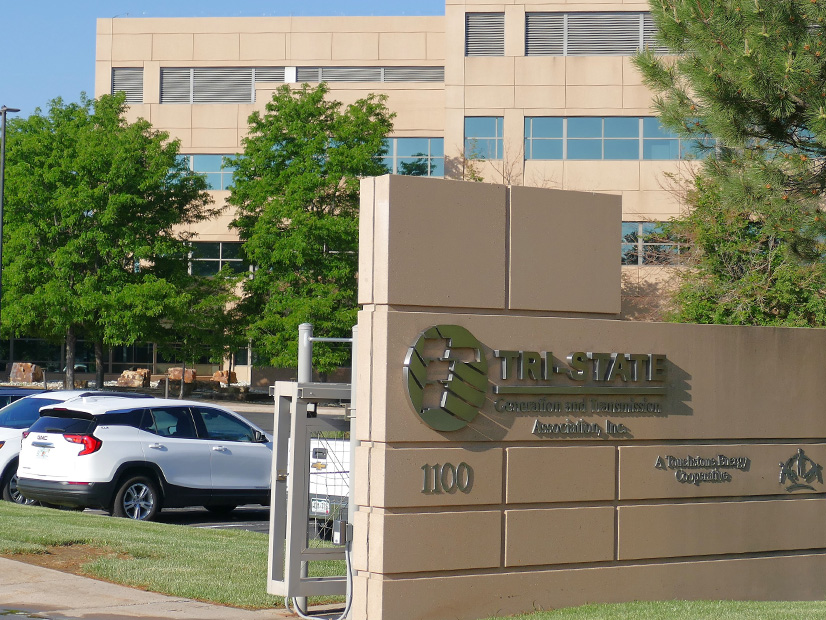FERC on Tuesday affirmed, in part, and reversed, in part, four disputes arising from Tri-State Generation and Transmission Association’s first jurisdictional rate filing before the commission in 2019 (ER20-676).
The issues were set aside from a settlement approved by the commission in August 2021. (See FERC Approves Tri-State’s 1st Major Rate Case.)
Before the year was up, FERC directed further hearing procedures on the four reserved issues related to wholesale power service rates for Tri-State’s 43 members. The presiding judge issued an initial decision in May 2022.
The commission agreed with the judge’s decision on the first reserved issue that Tri-State is subject to FERC Order 888’s functional unbundling requirements.
It also affirmed in part and reversed in part the initial decision on the third reserved issue, which determined whether Tri-State can apply a transmission demand charge to member United Power’s storage resources. FERC agreed that United Power must pay the charge based on gross load and that Tri-State must reimburse the cooperative for overcharges.
However, it reversed some of the determinations describing how Tri-State must calculate the appropriate reimbursements and refunds and the judge’s finding that United Power doesn’t need to pay a late charge for not meeting the payment’s deadline.
FERC reversed in part and affirmed in part initial decisions in the other two reserved issues: Tri-State’s cost-allocation standards applicable to certain costs, and whether the G&T’s community solar program is just, reasonable, unduly discriminatory and/or preferential in applying a $0 add-back charge to program’s projects.
The commission disagreed with the decision that Tri-State must apply an any-degree-of-integration test and the seven-factor Mansfield test (a case-by-case analysis of local distribution’s indicators) to determine cost allocation. It said that the tests are applicable standards but are not necessarily the exclusive means for determining appropriate cost allocation.
FERC also agreed Tri-State’s application of the add-back charge to load served by community solar projects is inappropriate. However, it found the charge to be unjust and unreasonable, rather than unduly discriminatory as the judge had decided.
The commission gave Tri-State 45 days to make a compliance filing outlining how it will reimburse United Power for overcharges in one of the reserved issues.




